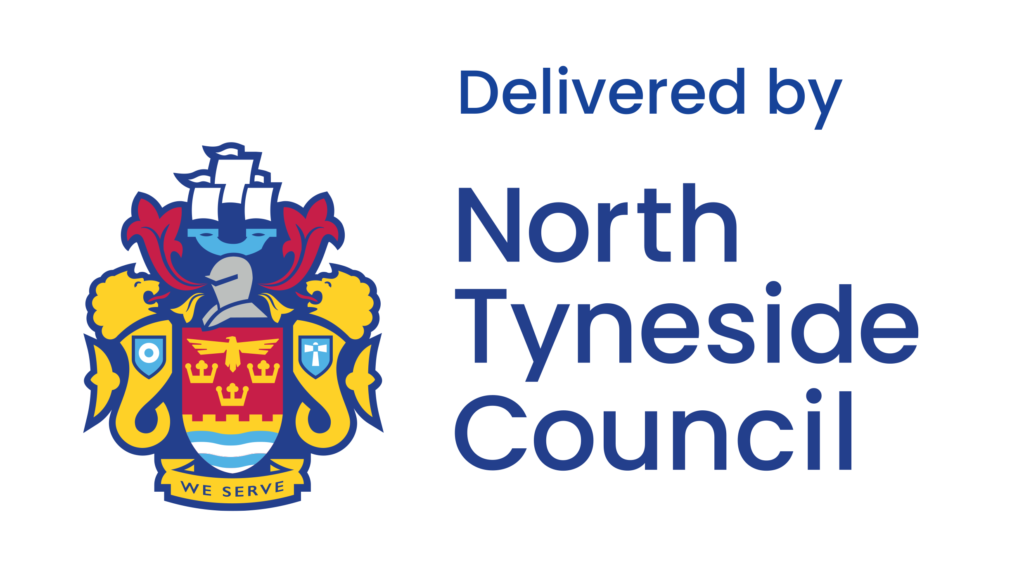Shared Lives Carer
Shared Lives carer is a support service for adults who have a long-term condition and want to live independently in their community alongside someone else in a supportive house-share.
As a shared lives carer, you’ll open up your home and family life to include someone who needs care and support.
Day-to-day activities
You’ll choose who you support, and your local Shared Lives scheme will take care to match you with someone with shared interests, lifestyle and sense of humour.
What this might include:
- Supporting them with everyday tasks such as getting up or cooking.
- Teaching them new skills or how to live independently.
- Assisting them to do social activities or access the local community.
- Going on holiday together.
- Going to family parties and events.

Requirements for the role
Skills
What you’ll need:
- You will need to be practical, sociable and patient. Your empowering personality, caring nature, and willingness to help someone explore new opportunities are more important than your previous experience.
- Don’t worry if you’ve never provided this sort of support before. There are lots of training opportunities to support you. Your local Shared Lives scheme will offer you training and support and you’ll have a dedicated support worker to talk to and celebrate your successes.
- An enhanced DBS (Disclosure and Barring Service) check would be required.
Shared lives carers are self-employed and there would be an agreement about how much care you’re expected to provide, and what other support is in place for the individual – this makes it a flexible role.
Qualifications
Additionally:
- To become a Shared Lives carer, you will need to have a Shared Lives carer assessment.
- You may also find vacancies through your local council.
Training & Progression
Progressing your career:
- Participate in additional training for specific needs like dementia care or autism support.
- Pursue qualifications and certifications in health and social care to enhance your skills and opportunities.
- Use your experience to transition into other roles in social care, such as support worker or care coordinator.
- View our career pathways tool to help guide you with your future in social care.
- Browse our learning opportunities page to help get the support you are looking for.
When you first start working in care, you’ll do an induction which should include the Care Certificate. You’ll also undergo basic training such as health and safety, first aid, and moving and handling. You might also receive specific training based on what the person you’re caring for needs.
With experience, you can become a lead care worker. You can also move into more senior jobs, like managing people or services, if you get further qualifications.
View our career pathways tool to help guide you with your future in social care.
Browse our learning opportunities page to help get the support you are looking for.

